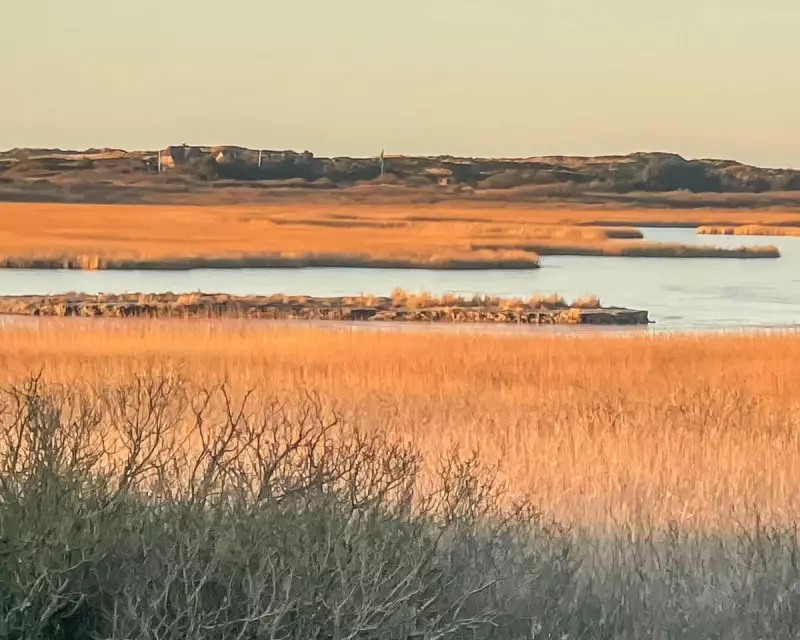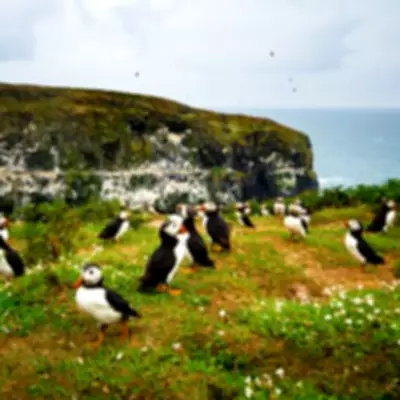
Germany's frantic race to secure alternative gas supplies in the wake of Russia's invasion of Ukraine is colliding head-on with its ambitious climate commitments, placing one of Europe's most important natural habitats in the crosshairs.
The Energy Crisis Compromise
According to fresh analysis, Germany's massive investment in new liquefied natural gas (LNG) infrastructure represents a significant threat to both its 2030 climate targets and the delicate ecosystem of the Wadden Sea - a UNESCO World Heritage site spanning the North Sea coast.
The research reveals that Germany has become the world's second-largest developer of new LNG terminals since 2022, trailing only behind China. This dramatic infrastructure expansion includes facilities either operational or in advanced planning stages that could process enough gas to supply nearly half of Germany's total pre-war consumption.
UNESCO Site Under Threat
The Wadden Sea, recognised as one of the world's last remaining extensive intertidal ecosystems, faces direct pressure from this energy infrastructure boom. Environmental campaigners warn that the cumulative impact of multiple LNG projects could devastate this unique coastal environment, home to countless species of birds, fish and marine mammals.
"We are witnessing a climate policy contradiction unfolding in real time," stated one energy analyst involved in the research. "The very infrastructure being built to ensure energy security is simultaneously locking in fossil fuel dependency that undermines Germany's climate promises."
Climate Targets in the Balance
The analysis highlights a troubling gap between Germany's short-term energy strategy and its medium-term climate goals. With the country committed to reducing greenhouse gas emissions by 65% by 2030 compared to 1990 levels, the long-term operation of these new gas facilities creates a significant compliance challenge.
Industry experts note that many of the new terminals are being developed with future conversion to handle green hydrogen in mind. However, critics argue this represents a risky bet on unproven technology while committing the country to decades of additional fossil fuel use.
Environmental Consequences
The Wadden Sea's unique ecosystem, characterised by tidal flats, salt marshes and shifting sandbanks, is particularly vulnerable to the industrial development and increased shipping traffic associated with LNG terminals. Conservation groups have documented concerns about:
- Habitat destruction from construction and dredging
- Increased pollution from shipping operations
- Disruption to migratory bird patterns
- Potential for accidents and spills in sensitive waters
As Germany navigates the complex balance between energy security and environmental protection, the fate of both its climate targets and one of Europe's natural treasures hangs in the balance.





